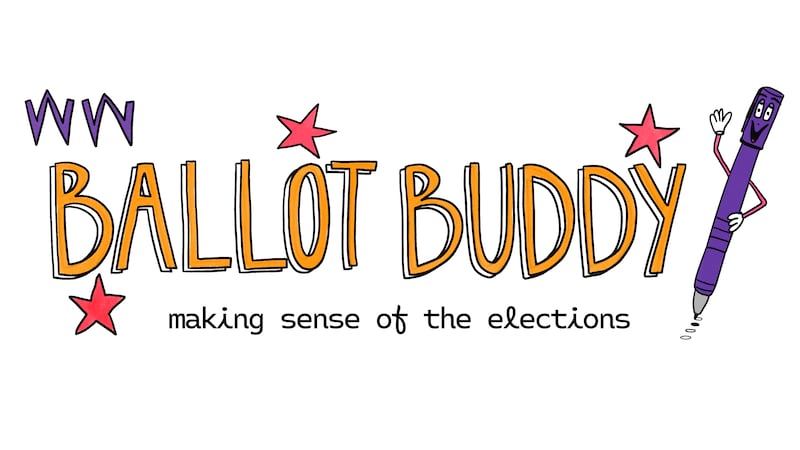On May 20, voters who reside within Portland Public Schools’ boundaries will be tasked with electing four candidates to a seven-member School Board.
School Board seats are volunteer positions, but these elected officials hold critical fiduciary responsibilities managing Oregon’s largest school district. “The PPS Board is charged with overseeing an almost $2 billion budget,” says Board Chair Eddie Wang. “The board, being publicly elected, is the body that holds the district accountable and ensures that public dollars are used responsibly and in line with our priorities.”
Board members are also responsible for hiring new superintendents, crafting capital bonds and, as evidenced by the fall 2023 teacher strike, can also assume intense negotiator roles. Each term lasts four years (except in the case of a special election; this year, whoever is elected to the Zone 1 seat will serve for two years).
The seven School Board members each represent a part of the Portland School District, as shown on the map below. To become eligible for a School Board seat, prospective candidates must have resided within their zone for at least one year preceding the election and must be a registered voter within their zone.

But School Board elections are held citywide, meaning any eligible voter residing in PPS’s boundaries gets to vote for all the seats on the board. Wang says this system means all board members are beholden not only to the interests of the community they directly represent, but also to the city at large.
The School Board has gone back and forth several times over the years on whether to keep elections citywide or limit ballots to voters living inside the zones candidates would represent. It might seem like an obvious reform: After all, Wang says the system of citywide School Board races was initially a means to stifle diversity on the board, especially when communities of color were still concentrated in specific regions of Portland.
But new studies of citywide elections show contrasting evidence. “In progressive cities like Portland, and especially since gentrification led to people of color becoming more dispersed throughout the city, districtwide elections actually led to more diverse School Boards than zone elections,” Wang says. “That’s one of the big reasons why PPS still elects board members with a districtwide election.”

